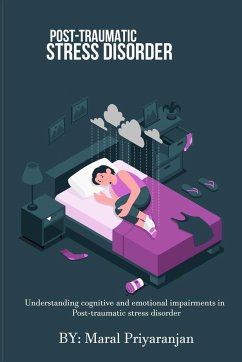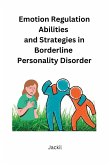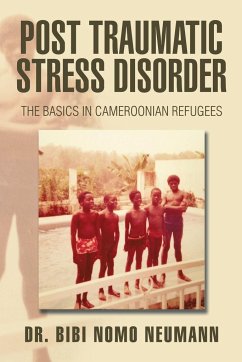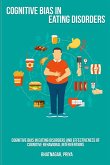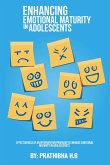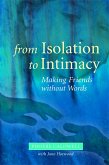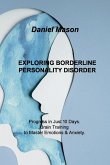A well-known poet Siegfried Sassoon, returning back from the First World War underwent something unnatural that was thought as Shell Shock. While he struggled continuously and faced a failed marriage, he still searched out some mental peace through his writings. Due to mental illness, Siegfried Sassoon ended his own life of mayhem. The poem entitled 'Sick Leave (Sassoon, 1918)' is as follows: "When I'm asleep, dreaming and lulled and warm, They come, the homeless ones, the noiseless dead. While the dim charging breakers of the storm Bellow and drone and rumble overhead, Out of the gloom they gather about my bed. They whisper to my heart; their thoughts are mine. "Why are you here with all your watches ended? From Ypres to Frise we sought you in the Line." In bitter safety I awake, unfriended; And while the dawn begins with slashing rain I think of the Battalion in the mud. "When are you going out to them again? Are they not still your brothers through our blood?" The above poem from the First World War eloquently describes the silent struggle that Introduction 2 many soldiers returning from combat had undergone. The First World War, 'Shell Shock' was later retitled in the Second World War as 'Battle Fatigue' and now known as Posttraumatic Stress Disorder (PTSD). The term PTSD was used to define the observed behaviors of soldiers who survived the war but faced stressful events during the combat. Some common symptoms that were identified in combat soldiers were lethargy, detachments from surrounding environments, impairment in decision making, dropdown in reaction time and inability to prioritize as per needs (Jones & Wesley, 2005). The present chapter gives an introductory account about the researches done in the area of cognitive and emotional impairments due to the posttraumatic stress disorder. The entire chapter is divided into three broad sections. The first section presents an account of overall view of natural disaster worldwide, natural disaster (earthquake) in Nepal, natural disaster and trauma relationship. Second section discuss in details about the posttraumatic stress disorder meaning, classification and symptoms, PTSD and trauma relationship, prominent cases with PTSD, PTSD prevalence rate and risk factors, PTSD and comorbidity, neurological bases of PTSD. Third sections deals about the theories of PTSD, research objectives and questions. There seems to be a need to go through the meaning of the word 'Disaster' and its classifications in the first section of chapter because this study is entirely based on natural disaster (earthquake). Natural Disasters A clear definition of 'Disaster' over many years, has come to have assorted meanings. The disaster word has been derived from the Italian word Disastro (from 'dis,

